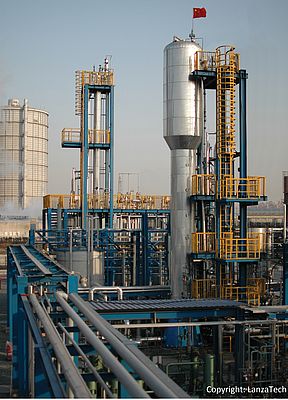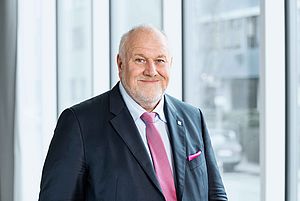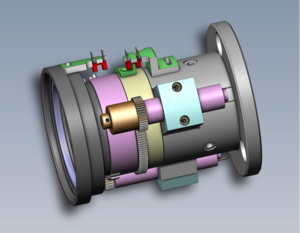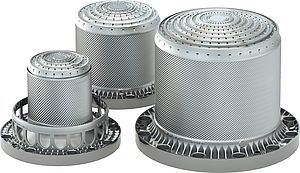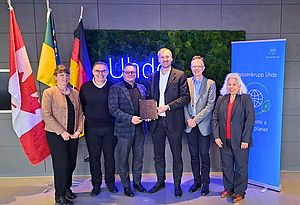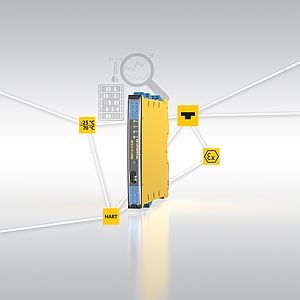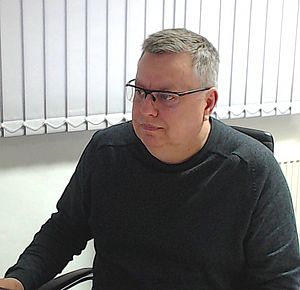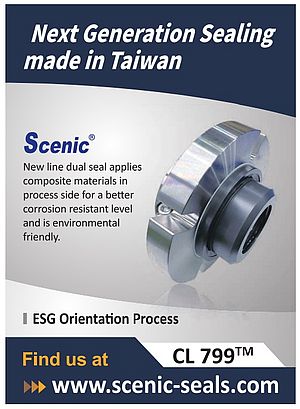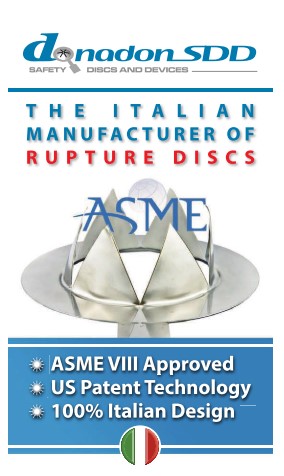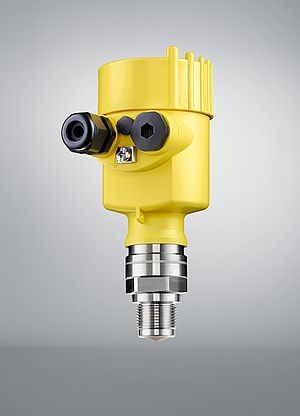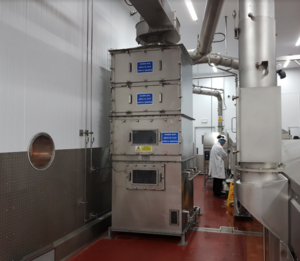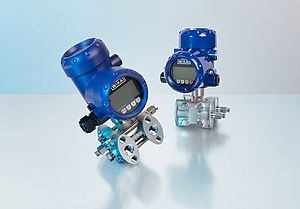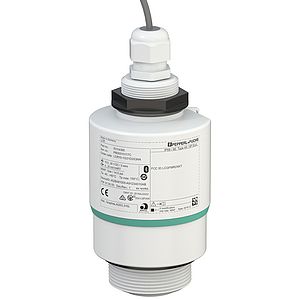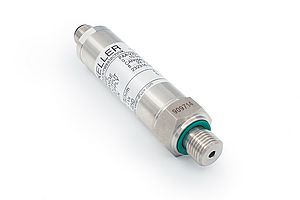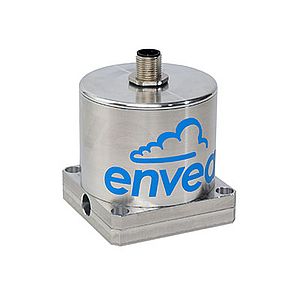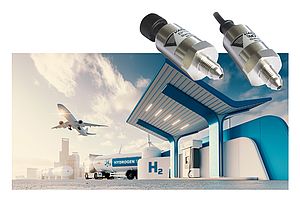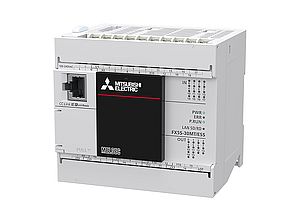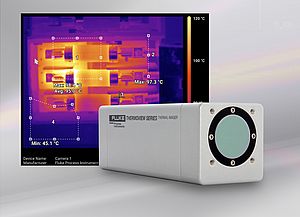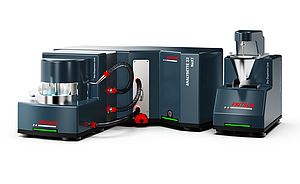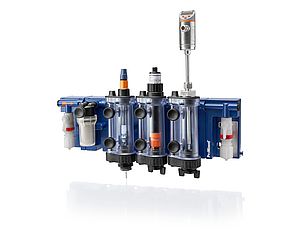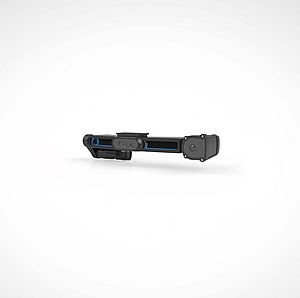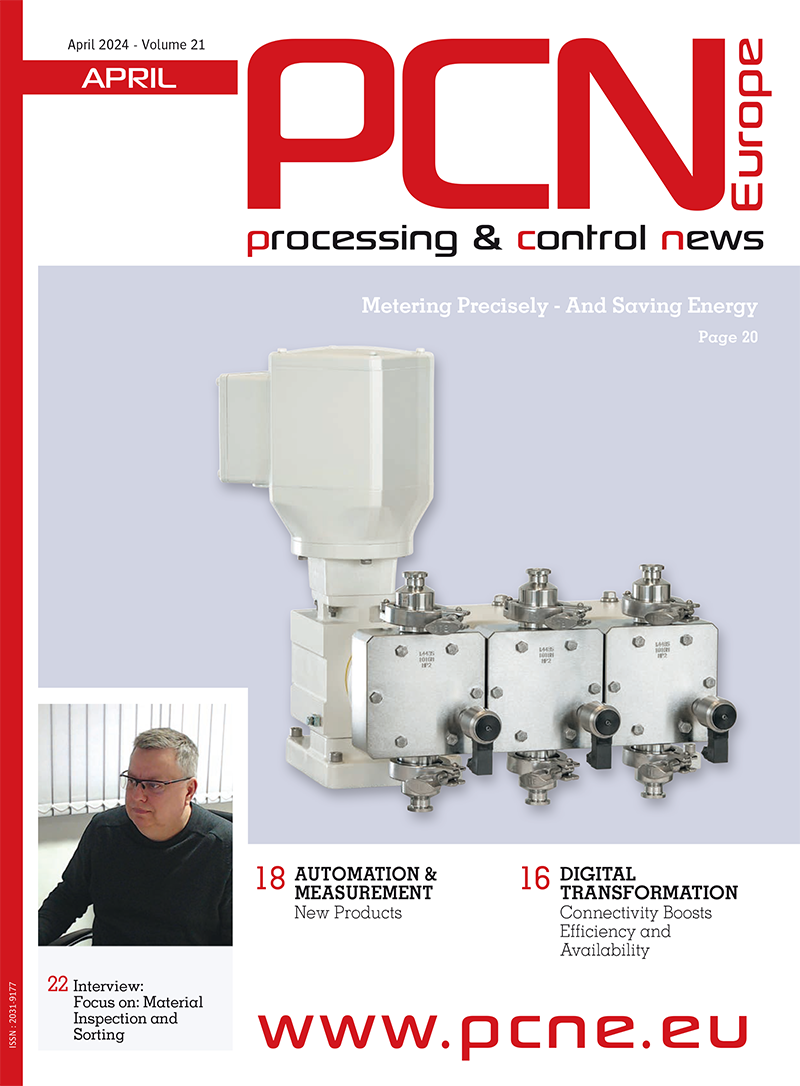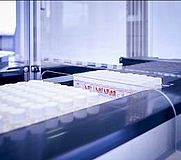Siemens Metals Technologies and LanzaTech have signed a ten-year co-operation agreement to develop and market integrated environmental solutions for the steel industry worldwide. The collaboration will utilize the ground-breaking fermentation technology developed by LanzaTech transforming carbon-rich off-gases generated by the steel industry into low carbon bioethanol and other platform chemicals. Siemens and LanzaTech will work together on process integration and optimization, and on the marketing and realization of customer projects.
LanzaTech's microbial gas fermentation technology was successfully demonstrated in joint venture with Baosteel at a 300 ton pre-commercial plant at one of Baosteel's steel mills outside Shanghai in 2012. Siemens and LanzaTech will co-operate to develop and market this technology (Copyright: LanzaTech).
Off-gases from the production of iron and steel contain significant amounts of carbon monoxide (CO) and carbon dioxide (CO2). Globally, the iron and steel industry contributes 6.7 percent to the worldwide CO2 emissions. To produce one metric ton of steel, an average of 1.8 metric tons of carbon dioxide (CO2) is emitted. Up to now, these gases have been flared or used to create process heat and electrical energy within the plant.
LanzaTech's innovative technology, instead, re-uses the off-gases from converter, coking plant or blast furnace processes as nutrients and a source of energy. The patented biological fermentation process allows steel plant operators to make use of the chemical energy contained in off-gases in the form of CO, CO2 and H2 (hydrogen) for the eco-friendly production of bioethanol or other basic chemicals such as acetic acid, acetone, isopropanol, n-butanol or 2,3-butanediol.
The global market for ethanol alone is estimated to amount to an annual volume of over 80 million metric tons, of which 75 million metric tons is used as biofuel. Unlike the bioethanol produced through agriculture, LanzaTech's fermentation process does not compete with food production. Another major benefit of this technology is that the CO2 emissions ("carbon footprint") are between 50 to 70 percent lower than petroleum-based fuels and around one-third lower than when steel plant off-gases are converted into electricity.
LanzaTech has been operating a pilot plant in Auckland, New Zealand since 2008 utilizing raw steel mill gases. In 2012, LanzaTech became the first company ever to scale gas fermentation technology to a pre-commercial level, developing and successfully operating two facilities converting flue gas from Baosteel and Shougang steel plants into ethanol, each at an annualized capacity of 300 tons. LanzaTech is now planning to begin construction on two commercial facilities in China in 2013 with production expected in 2014. Siemens and LanzaTech are already pursuing several commercial gas fermentation project opportunities around the world.
"Global demand for affordable and sustainable energy has never been stronger," said Dr Jennifer Holmgren, CEO of LanzaTech. "Carbon emissions from steel mills can create an important new source of energy while simultaneously reducing emissions. We are delighted to be partnering with Siemens to deliver integrated solutions that improve the value and environmental footprint of the global steel industry."
"The iron and steel industry currently has to cope with a difficult market situation. Today, our customers' main goal is not to achieve new production records, but squeezing operating costs," said Norbert Petermaier, Senior Vice President at Siemens Metals Technologies. "At the same time, governments are setting ambitious targets for emission reductions, in particular with regard to CO2 emissions." That's why Siemens is concentrating on solutions which will help steel manufacturers to achieve both goals. "LanzaTech's unique CO/CO2 bio-fermentation is exactly such an opportunity and fits perfectly together with the leading position of Siemens as green solution provider for the Industry."
Siemens and LanzaTech partner
to transform steel mill off-gases into bioethanol
- June 21, 2013
- 160 views


